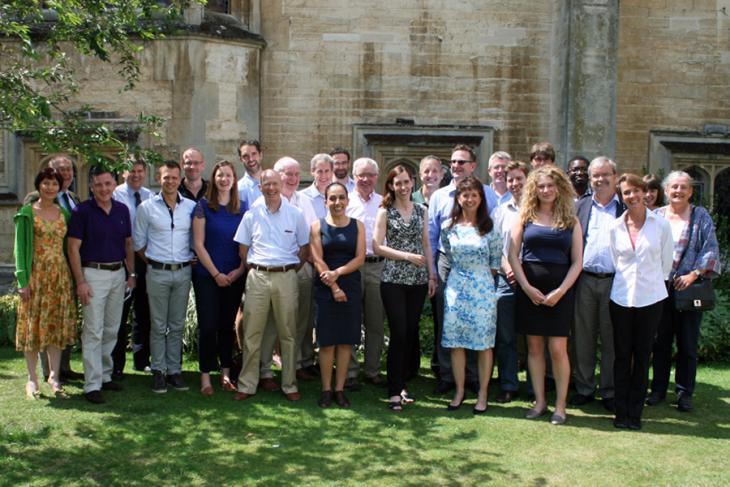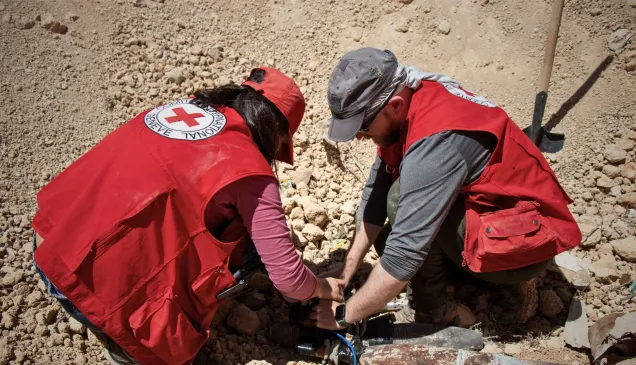United Kingdom: Bridging the transatlantic divide - the second annual dialogue on international humanitarian law and armed conflict
Historic Pembroke College, Oxford was the host of a 2-day workshop last week which brought together academics, government and military lawyers from the UK, US, Canada, continental Europe and Israel. The Transatlantic Dialogue on International Humanitarian Law and Armed Conflict, now in its second year, aimed to stimulate debate and discussion on thorny issues faced by those tasked with putting IHL, also known as the law of armed conflict or law of war, into practice.

Differences in the way in which States interpret these laws can impact dramatically on how they set rules of engagement for their armed forces. Colloquially known as 'RoE', these sets of rules, in which all soldiers are trained, guide what conduct is permissible on the battlefield.
Issues covered over the two days included whether the rules of international armed conflict should be extended to apply in non-international armed conflicts; how best to bring those responsible for violations of IHL to account; and the knotty legal questions surrounding multinational forces and security cooperation across borders.
The meeting was co-organized by the ICRC Mission in London and ICRC delegation in Washington, the Oxford Institute for Ethics, Law and Armed Conflict, the Oxford Martin Programme on Human Rights for Future Generations, South Texas College of Law and the Robert S. Strauss Centre for International Security and Law at the University of Texas.
You can read more about the programme and topics covered on Intercross, the blog of the ICRC's Washington delegation, and in a post by co-organizer Professor Robert Chesney of the University of Texas at Austin at Lawfare, the US-based international law and security blog.



